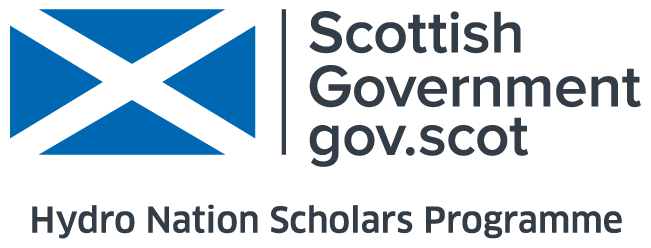HNSP Recruitment Notice
Please be informed that the Hydro Nation Scholars Programme (HNSP) will no longer be recruiting new cohorts, with the final round of recruitment having taken place in 2023 for the 2024 intake.
We are deeply grateful to everyone who has contributed to the HNSP, including the Scottish Government and the Scottish Funding Council for their vital support, and our community of talented and dedicated Scholars, supervisors, institutional partners, stakeholders, applicants, and all those who have supported the programme over the years.
While recruitment has now concluded, the programme remains fully committed to providing ongoing support for our current Scholars, continuing to deliver all planned activities, and working collaboratively with partners to foster enduring impact and uphold the programme’s lasting legacy.
